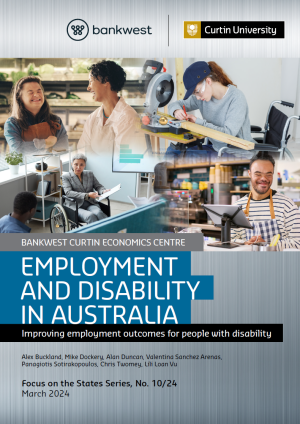Socio-Economic Issues in Western Australia: Part 1: Drug Consumption

Project Summary
The increased availability of micro level datasets, invariably collected using survey techniques, has enabled researchers to explore an extensive range of research themes at the individual and household level. The quality of such data gathered hinges critically on respondents providing reliable and accurate information. Ignoring such mis-classification can result in biased and inconsistent estimates and inferences.
This project uses a suite of state-of-the-art econometric models to model “excess zeros” reported in surveys, resulting from individuals misclassifying their responses, to sensitive questions with perceived social stigma or legal consequences, such as drug consumption; or to questions that are available as particular categories, such as income bands and GP/hospital visits. The findings suggest that the reporting biases are significant in survey data and that accounting for mis-classification is important, especially where such data is used to inform important public policies.




